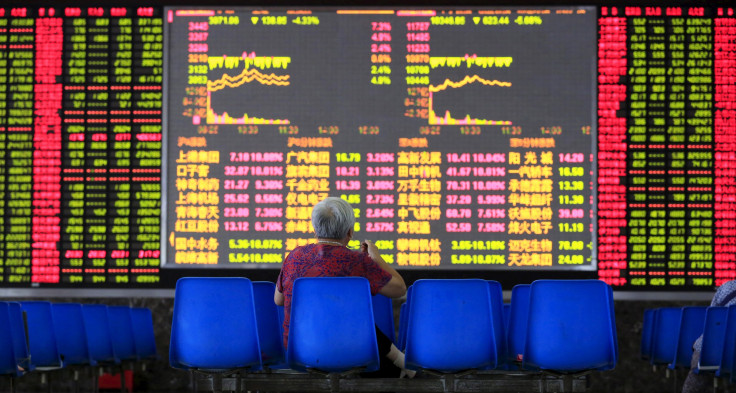China Seeks To Loosen IPO Controls, Switch To Registration-Based System

China is planning to shift to a registration-based system for initial public offerings (IPOs) from the current approval-based mechanism as early as May, the Wall Street Journal reported Wednesday. The report comes soon after China’s State Council said that the measure, which is aimed at easing up the logjam in the IPO pipeline, would be implemented within two years.
“There was a bit of misunderstanding regarding the two-year time frame. It actually refers to the time it may take to complete amendments to the entire Securities Act, which contains the current IPO system,” a person familiar with the matter told the Journal, after the State Council’s earlier announcement on Wednesday sparked fears that the much-awaited reforms would be delayed further.
The new rules will be formally released in March, the Journal reported.
The current approval mechanism, in which the Chinese government acts as a gatekeeper for IPOs on the Shanghai and Shenzhen stock exchanges, is seen by many as the root of widespread corruption and stock market distortion. While privately run companies have to wait years for an approval, state-run firms are given preferential treatment.
Currently, over 670 companies are believed to be awaiting government approval to launch an IPO.
The planned changes will allow the market, instead of regulators, to decide which firms get listed and how many shares they can sell.
“The flaws and shortcoming of the approval system have gradually become apparent, and we must now push forward the reform of the stock issuance registration system,” the China Securities Regulatory Commission (CSRC) -- the country’s stock market regulator -- said, in a statement Wednesday, adding that shifting to a registration system would encourage the “formation of the market’s self-discipline mechanism.”
Earlier this year, the CSRC -- faced with a massive rout in stock markets -- suspended IPOs entirely. While IPOs have since been restarted, the latest announcement has fueled concerns that a large number of companies could rush to the market simultaneously, freezing up massive amounts of funds.
In an attempt to quell these worries, the CSRC said in its statement that the reform would be implemented gradually so that new shares do not cause a “large-scale expansion.”
© Copyright IBTimes 2024. All rights reserved.












